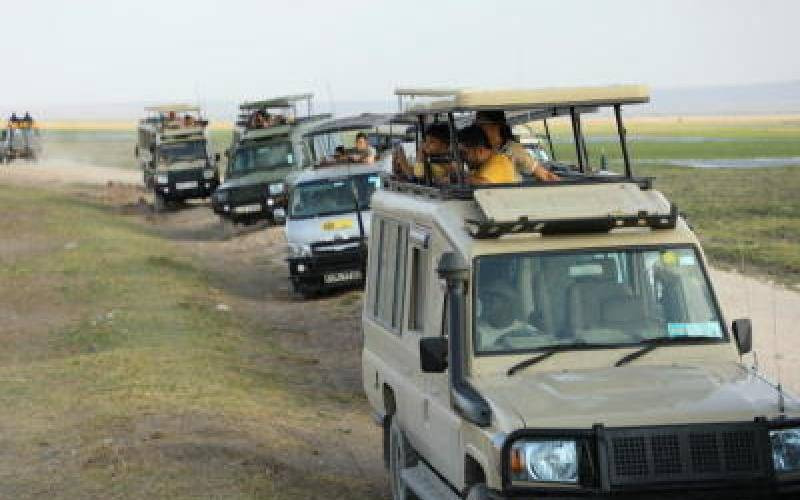
A proposal to transfer Amboseli National Park to the County Government of Kajiado is not just misguided; it is a blatant assault on Kenya's natural heritage and conservation efforts. If allowed to proceed, this move will unleash a cascade of detrimental consequences that will threaten the existence of Amboseli as a globally recognised biodiversity hotspot.
Handing over Amboseli National Park will set a dangerous precedent. What will prevent Tsavo East, Tsavo West, Meru, Ruma and others from following suit? This will not just lead to the demise of Amboseli; it will sound a death knell for Kenya Wildlife Service (KWS) and severely damage our country's reputation as a global wildlife conservator.